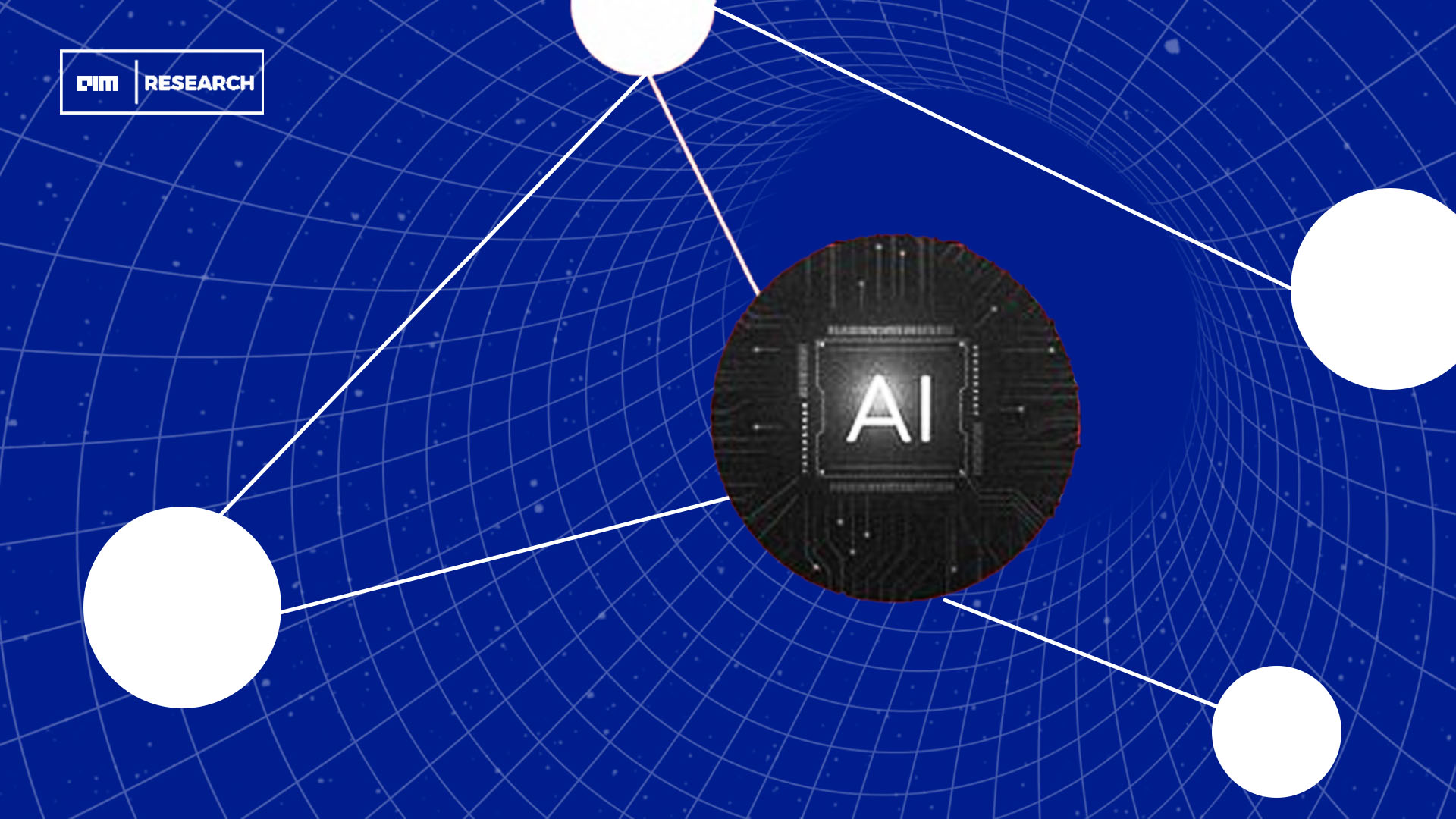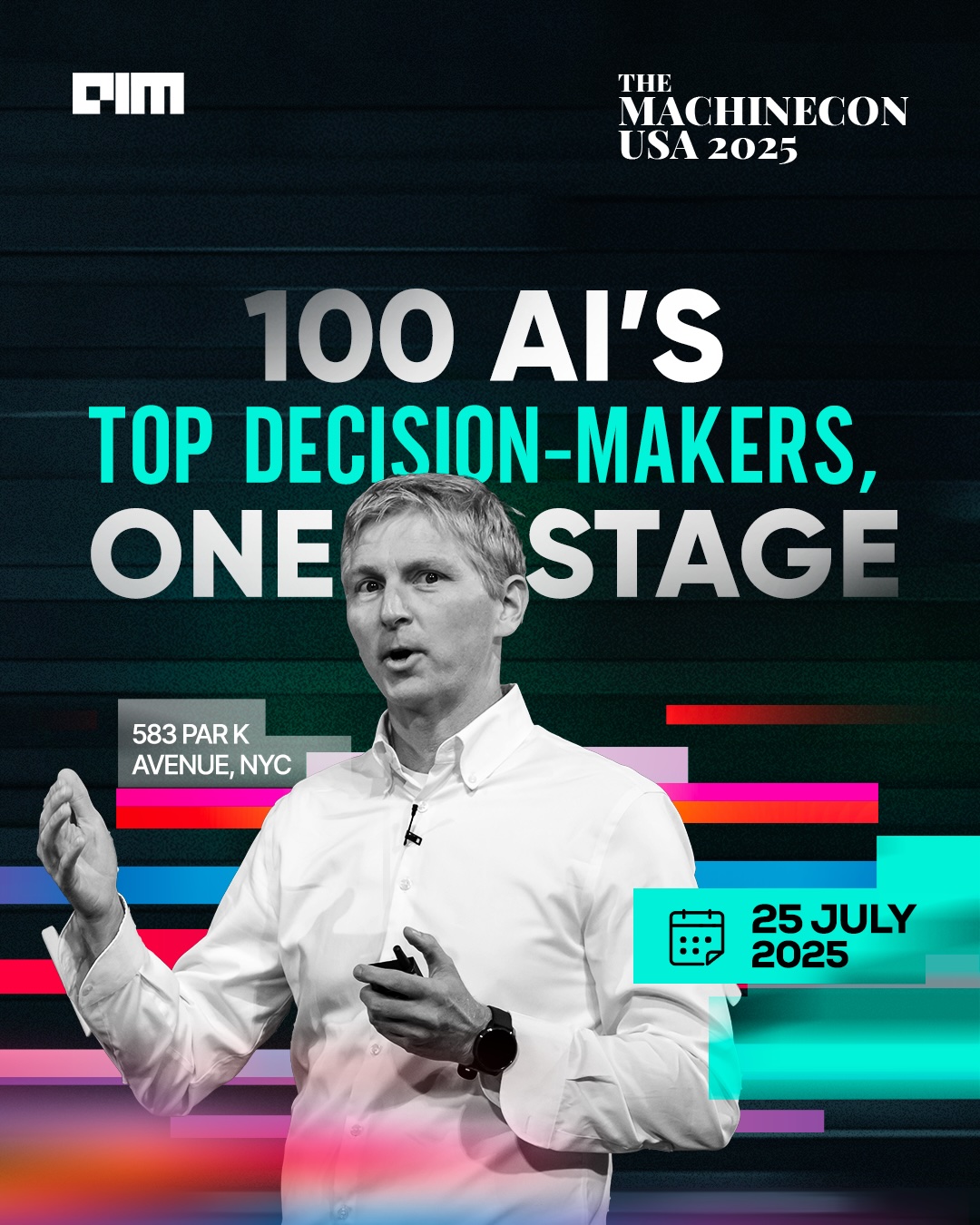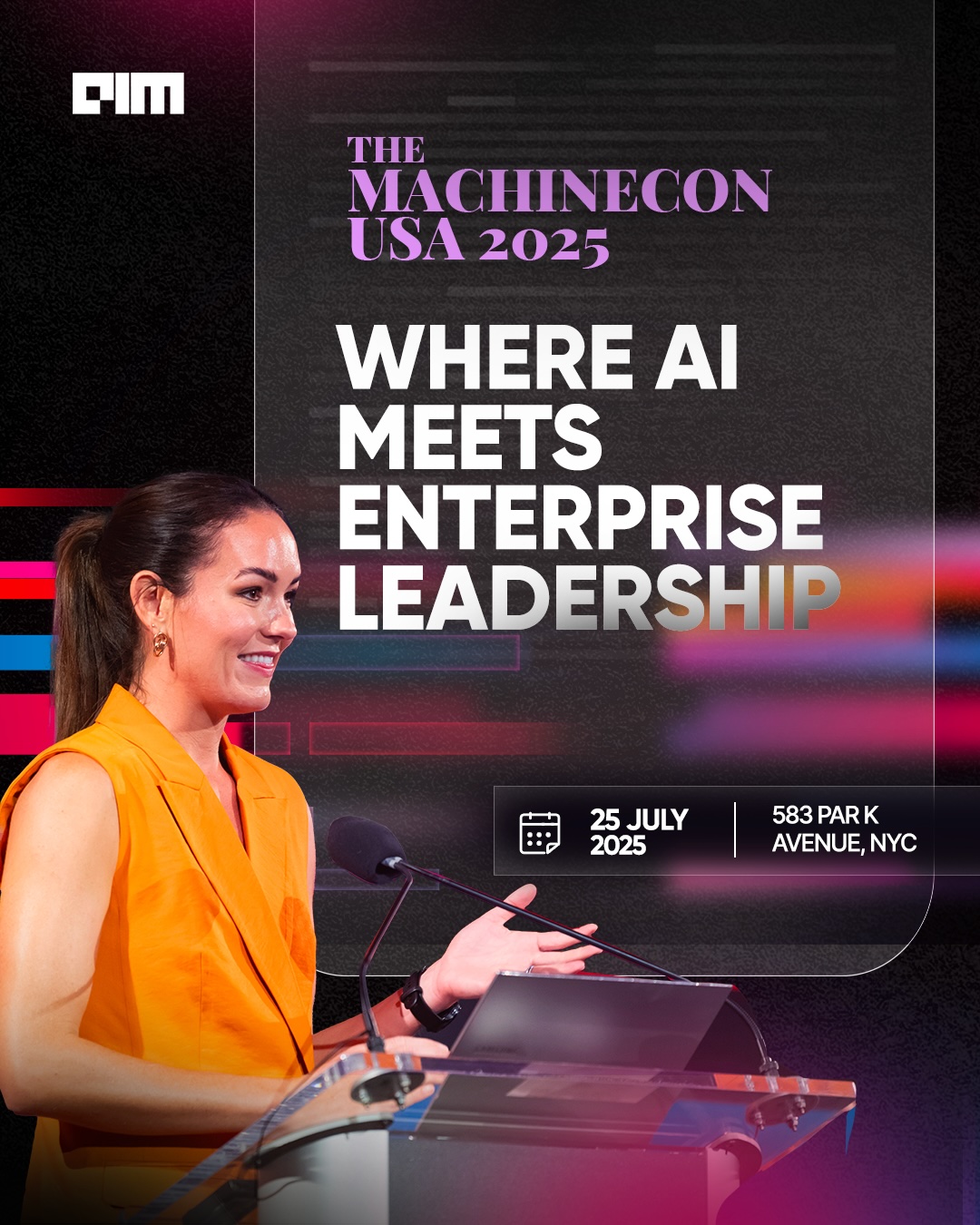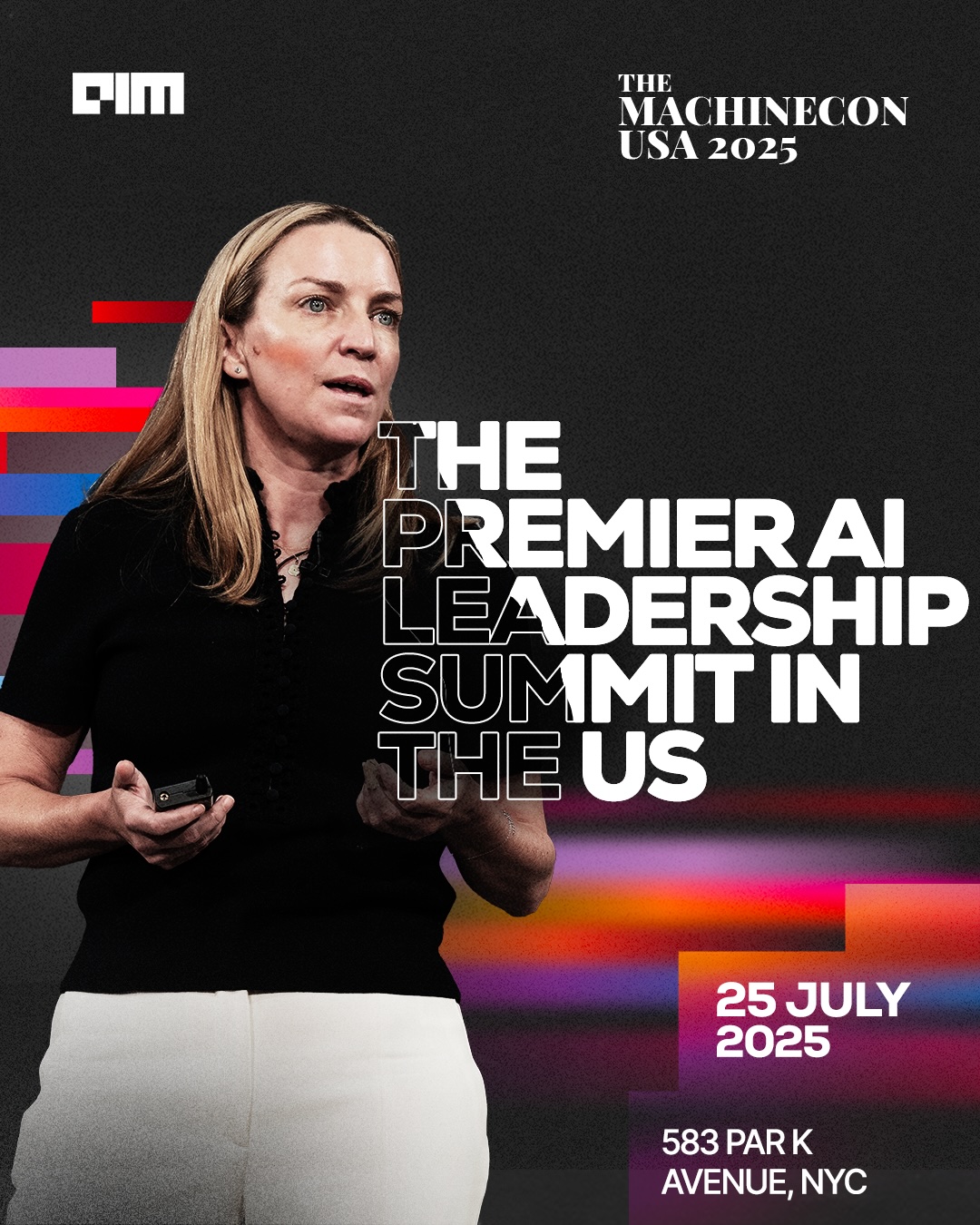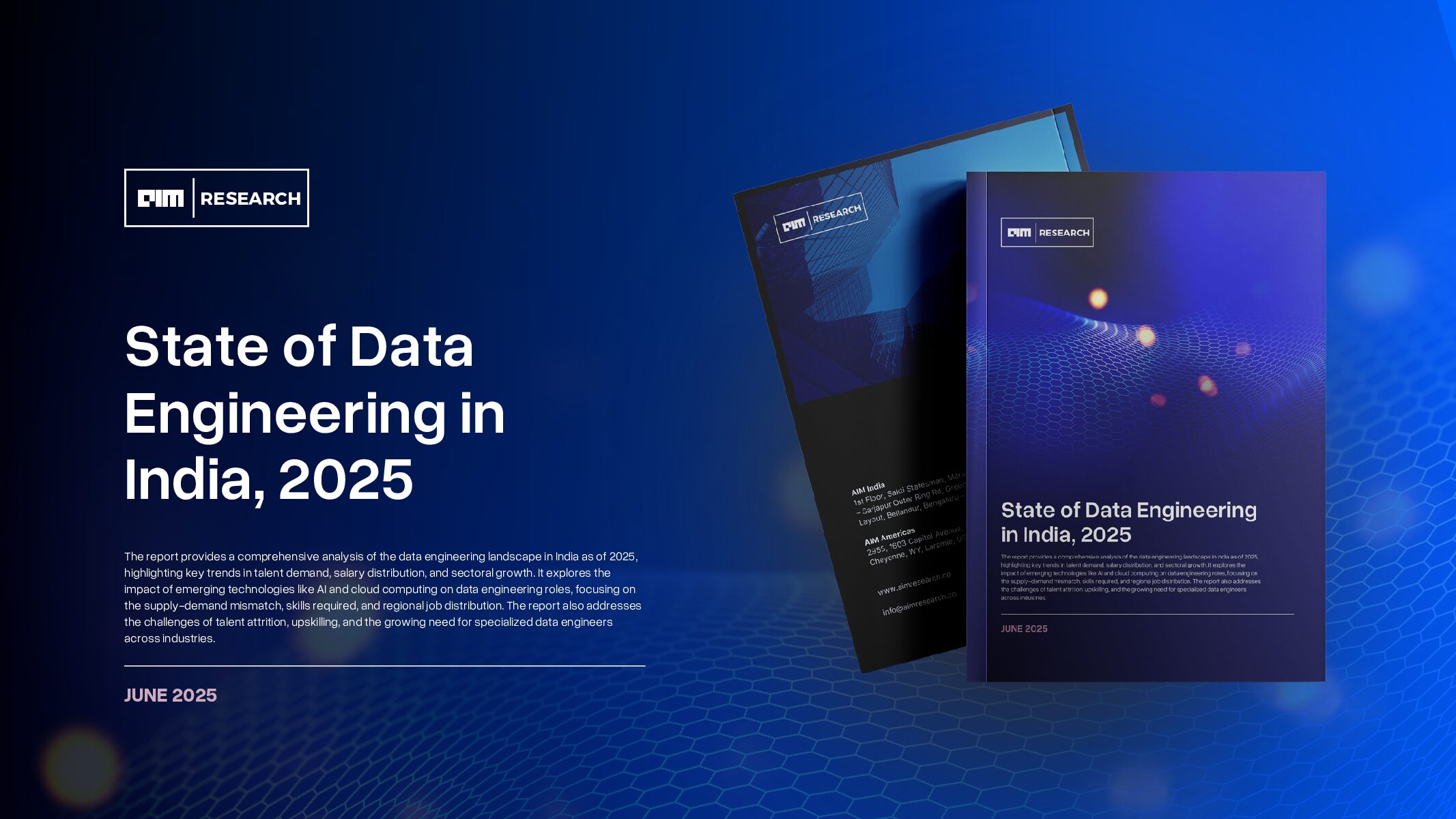Culture is a key factor in deciding if AI transition is successful. Beyond the deployment of cutting-edge technology, organisational culture affects how AI efforts turn out. A culture shift that values creativity, adaptability, cooperation, and a growth attitude is necessary for successful AI transformation.
With over 30 years of experience in setting and implementing digital strategy and driving digital transformation, we are thrilled to have Paul Pallath, VP Applied AI Practice at Searce inc, in our series who gives us a glimpse on his views on what the role of culture is in AI transformation. In this interview, we will delve into the significance of culture in the transformation of AI and its crucial role in achieving success. We will explore the necessary changes organizations need to make to their work models and cultures to effectively integrate AI into their operations. Emphasizing people-centricity, we will discuss unique best practices for fostering collaboration and teamwork during AI transformation, ensuring everyone works towards a common objective. Finally, we will explore the vision for the future, discussing how AI will grow and evolve over the next ten years with culture at its core.
AIM Research: Organizations today realize how culture is the key to successful digital transformation. According to you, what does “culture” represent in terms of the transformation of AI, and why is it essential to success?
Paul Pallath (PP): Culture, in the context of AI transformation, holds immense power. It is the driving force that determines the success or failure of an organization’s journey toward embracing artificial intelligence.
To fully embrace the transformation brought about by AI, organizations should embody the principles encompassed in the CULTURE acronym:
Collaboration lies at the heart of a successful AI transformation. Achieving a successful digital transformation requires embracing an environment that encourages cross-functional collaboration at all organizational levels. Collaboration promotes the exchange of ideas and harnesses the power of collective intelligence to drive innovation and solve complex challenges.
Understanding is another crucial element of a transformative culture. Fostering understanding entails promoting empathy, cultural awareness, and respecting differences in values, beliefs, and backgrounds. By fostering a culture of collective effort and shared goals, organizations can ensure that every employee understands their role and contribution to the larger vision.
Learning is the lifeblood of growth and positive change. Unlocking the full potential of AI technology demands embracing a culture of continuous learning, curiosity, and adaptability. By adopting a learning-oriented environment, organizations can ensure that they can proactively evolve along with the ever-changing landscape of AI transformation.
Transparency is a fundamental aspect of the journey toward embracing artificial intelligence. By promoting transparency, organizations can ensure that employees feel informed, engaged, and empowered.
Uniqueness celebrates the diversity and individuality within an organization. A culture that embraces uniqueness fosters creativity, innovation, and out-of-the-box thinking. By empowering employees to challenge conventional ways of thinking and fostering a supportive and inclusive environment, organizations can unlock the full potential of their workforce, driving groundbreaking AI solutions and pushing the boundaries of what we think is possible.
Respect plays a pivotal role in cultivating a sense of belonging, psychological safety, and collaboration within an organization. It creates an atmosphere in which individuals feel empowered to share their unique perspectives, take calculated risks, and engage in open dialogue without fear of judgment or retribution.
Ethics is the guiding principle that underpins responsible decision-making, ensuring the equitable, transparent, and conscientious integration of AI technologies throughout the transformation process. Organizations must consider the societal, individual, and environmental impact of their AI initiatives.
AIM: There has been a rapid change in work models in the past couple of years that has created a long-lasting impact on employers. To successfully integrate AI into their operations, what are some of the key changes that organizations may need to make to their work models and cultures?
PP: In recent years, the widespread adoption of artificial intelligence (AI) has accelerated the pace of digital transformation. This profound shift has presented organizations with the challenge of adapting their work models and cultures to integrate AI into their operations successfully. As organizations rise to this challenge, several key changes must be made to models and cultures to successfully leverage AI’s potential.
First and foremost, organizations must cultivate a culture of agility and adaptability. To fully harness AI’s capabilities, organizations need to embrace change as a constant and foster a culture that encourages experimentation, risk-taking, and continuous learning. This entails moving away from rigid hierarchies and traditional decision-making processes toward a more agile and collaborative mindset. This shift from individualistic approaches to an agile and collaborative mindset necessitates fostering a culture of knowledge sharing, interdisciplinary teams, and open communication.
Integrating AI technologies into work processes and workflows is another significant change that organizations need to make. It is crucial to identify areas where AI can streamline operations, enhance decision-making, and improve efficiency. This may involve reengineering existing processes and workflows to leverage AI algorithms, machine learning, and automation. Incorporating AI into work models also calls for a greater emphasis on human-AI collaboration.
Moreover, organizations must prioritize data-driven decision-making. AI relies on vast amounts of data to generate insights and drive informed decision-making. This requires a cultural shift toward data literacy and a data-driven mindset. Employees at all levels should be encouraged to understand and utilize data effectively, enabling them to make informed decisions and derive actionable insights from AI-powered analytics.
AIM: Culture change is very closely associated with people-centricity. Any transformation is centered around people and their experiences which creates an impact. What are some unique best practices for fostering people-centricity and teamwork in the context of AI transformation, and how can companies make sure that everyone is collaborating towards a single objective?
PP: Cultural change is not just a buzzword; it is the backbone of successful transformations. And at the heart of any cultural shift lie the people. By prioritizing people-centricity and aligning all members toward a common objective, organizations can create a collaborative environment that unleashes the full potential of both individuals and AI technologies.
The first practice that sets the stage for people-centricity and teamwork is establishing a clear and compelling purpose. Employees need to understand the “why” behind the transformation and how it aligns with the organization’s overarching goals. When the purpose is effectively communicated, emphasizing the positive impact on employees’ work and growth, a sense of collective ownership and commitment emerges, propelling the transformation process forward.
Creating open channels of communication is another key practice. Organizations should encourage transparent and frequent communication, allowing for a fluid exchange of ideas, feedback, and concerns. By providing platforms for open dialogue — such as team meetings, cross-functional collaborations, and virtual platforms — companies can create an environment where employees feel valued, respected, and engaged in the transformation process.
A culture of trust is crucial in fostering people-centricity and teamwork. Companies should celebrate failures as opportunities for learning and improvement, creating a safe environment where employees can take risks, make mistakes, and learn from them. Leaders play a pivotal role in building this culture by promoting a blame-free environment, encouraging innovation, and recognizing individual and team achievements.
AIM: Culture shift may be a centralized process but its impact is truly felt once it filters down to the employees at all levels. How can leaders and executives successfully convey the vision and objectives of the change to their employees? What part can they play in creating the culture of AI?
PP: Leaders and executives play a vital role in driving cultural change and facilitating the rapid integration of AI within organizations. To achieve a seamless and impactful transition, leaders must effectively communicate the vision and objectives of the cultural shift to employees while emphasizing its alignment with strategic goals and its potential positive impact on their work and professional growth.
In conveying the motivation behind the transformation, transparency, clarity, and consistency in messaging are paramount. Leaders should clearly articulate the reasons behind embracing AI, the desired outcomes, and how this transformation aligns with the overall organizational goals. By providing a comprehensive understanding of the shift, leaders can ensure employees grasp the significance and relevance of cultural change.
Leaders must lead by example by embodying the desired cultural behaviors. By embracing AI initiatives, demonstrating enthusiasm for AI adoption, and highlighting success stories, leaders can inspire and motivate employees to embrace the change. This visible commitment reinforces the importance of AI integration and encourages employees to actively participate in the transformation process.
AIM: When implementing transformational changes involving AI and data, any strategy without culture will fail. Can you provide us with some tips for creating an AI and data strategy that can be implemented by a committed organization?
PP: When developing an AI and data strategy for an organization, it is essential to consider both technical and cultural factors to achieve a seamless and impactful implementation. A successful strategy is one that encompasses several key elements that work together to drive success. While building and improving the strategy, it is crucial to involve stakeholders from different departments and organizational levels in order to promote a sense of ownership and collective responsibility. By harnessing diverse perspectives and expertise, the strategy would encourage effective decision-making and implementation.
The strategy must begin with outlining clear goals and objectives that align with the organization’s vision and values. This provides a clear direction for the organization to follow and ensures that AI and data initiatives are in line with the overarching mission of the organization.
Furthermore, the strategy must articulate the specific ways in which AI and data will drive innovation, enhance operational efficiency, unlock new opportunities, and deliver value to customers and other stakeholders. In doing so, it must build a compelling case for embracing AI and data within the organization. This roadmap should encompass various aspects, including acquiring AI tools, ensuring data quality and security, and developing employees’ skills. By providing a clear plan of action, the strategy would enable the organization to proceed with confidence and clarity.
AIM: Lastly, in the coming years culture is going to be at the center of all AI transformations. What is the vision you see on how AI is going to grow with the help of culture in the next 10 years?
PP: In the coming years, the fusion of culture and artificial intelligence will be instrumental in shaping the future of technology. AI will not only be advanced in its technical capabilities but will also prioritize ethics, transparency, and social responsibility. This vision entails the development of culturally intelligent AI systems that bridge gaps, foster understanding, and promote diversity and inclusion. By building a strong cultural foundation, AI will empower individuals and organizations to embrace change, drive innovation, and unlock new frontiers.
Looking ahead to the next 10 years, I envision a future where culture and AI form a powerful symbiotic relationship, propelling us into an era of innovation and human-centric progress. Cultures worldwide will embrace AI as an asset rather than a threat, nurturing an atmosphere of curiosity, collaboration, and continuous learning. Cultural influences will promote AI systems that respect individual privacy, preserve human dignity, and prioritize the well-being of users and society at large. The integration of AI technologies into various aspects of our lives will enhance decision-making, streamline processes, and give rise to new possibilities across industries.
In conclusion, the future growth of AI is intrinsically linked to culture.As we navigate the intricate path ahead, embracing cultural influences and aligning AI with societal values will help us shape a world that is not only technologically advanced but also deeply rooted in empathy, inclusivity, and sustainability.
